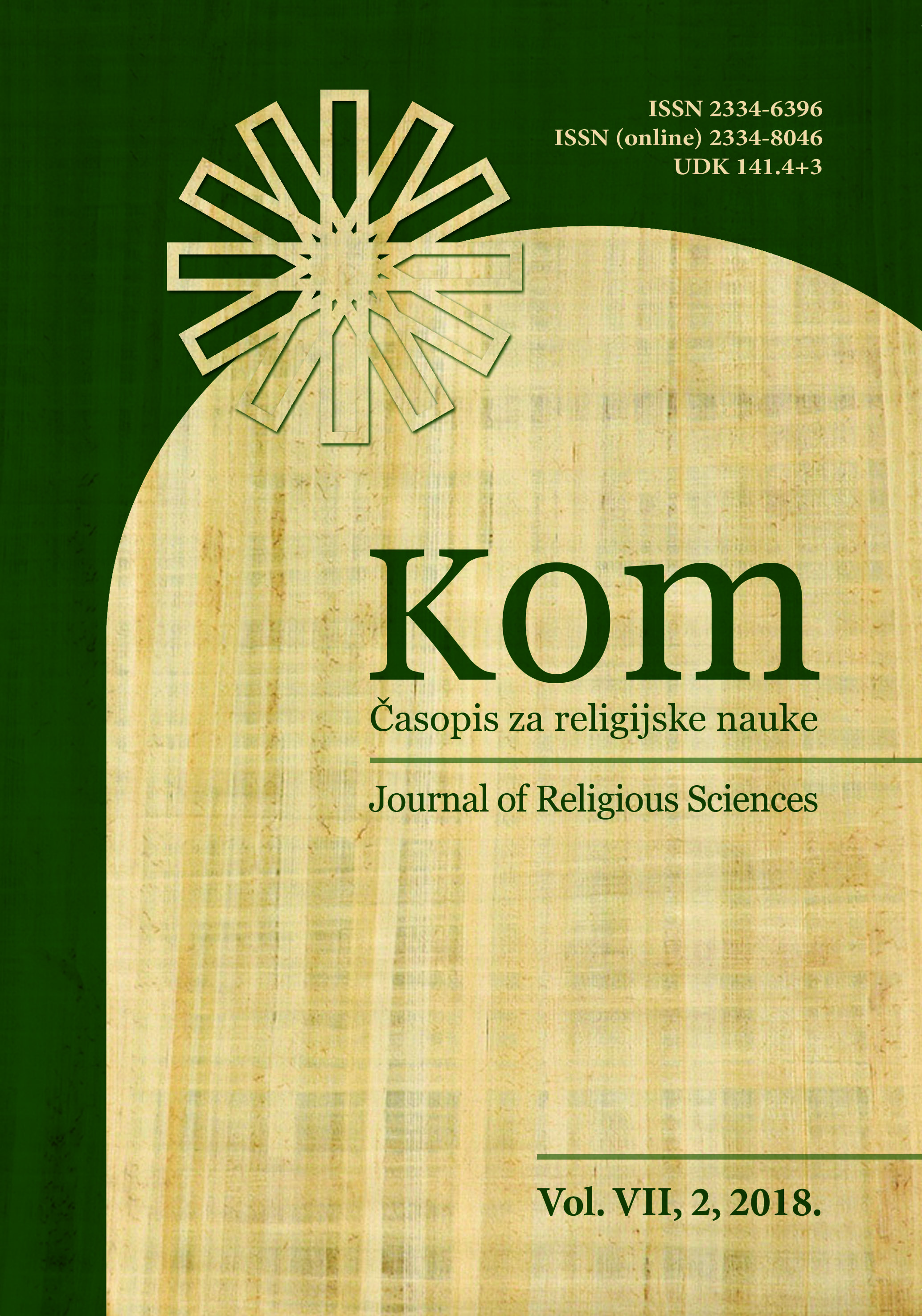The Islamic Basis for Mutual Understanding in Intercultural Communication
The Islamic Basis for Mutual Understanding in Intercultural Communication
Author(s): Hasan YousefzadehSubject(s): Public Law, Comparative politics, Contemporary Islamic Thought
Published by: Centar za religijske nauke "Kom"
Keywords: Intercultural communication; mutual understanding; human innate nature; fitra; Islam;
Summary/Abstract: Intercultural philosophy has been recently incorporated as an interdisciplinary field into the Western academia. Intercultural philosophy strives to present a way of thinking for the development of the “culture of dialog” among cultural units, aiming at bringing about the novel potentialsof understanding, will, and wisdom of the crowd as solutions to the issues of the modern man as well as his progress and transcendence. Intercultural thought is not simply a theoretical and philosophical hypothesis,but it serves as a scientific strategy and a means of breaking philosophical and cultural deadlocks whereby people, despite enjoying “change”, do not necessarily regard “others” as threatening or adversaries to the “insider’s” identity. The present study, applying a descriptive and interpretive methodology, aims to address the question of the degree to which intercultural philosophy is commensurate with Islamic thought and the nature of mechanisms provided from the Islamic perspective (the Holy Quran) for mutual understanding and overcoming the current deadlocks. This study concludesthat the Islamic perspective, inspired by the verses of the Holy Quran and the Sunna of the Infallible Imams, provides the modern man with, at least,three bases for mutual understanding: Islam whose laws are applicable to the Islamic society; potentials shared by religions; human innate nature (fitra). These three bases actually tend towards monotheism. In short, it is but through a recourse to the potentials of religions that the modern man may succeed in finding solutions to social and epistemological crises.
Journal: Kom: časopis za religijske nauke
- Issue Year: VII/2018
- Issue No: 2
- Page Range: 47-67
- Page Count: 20
- Language: English

